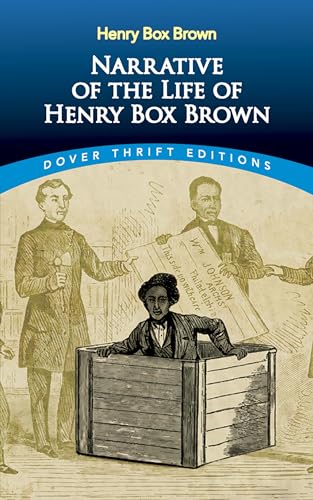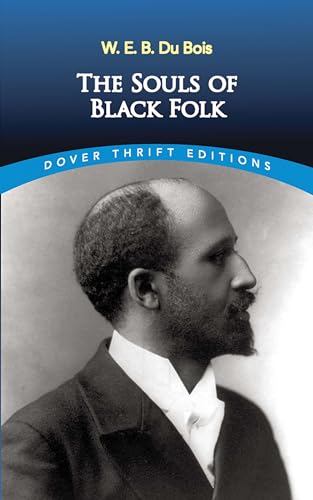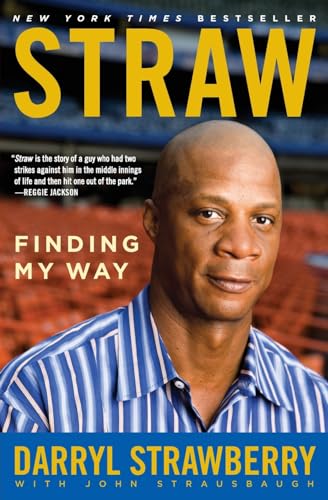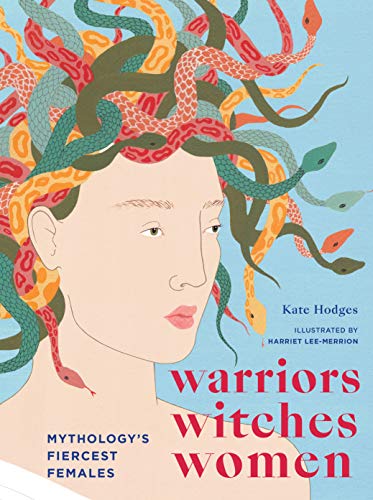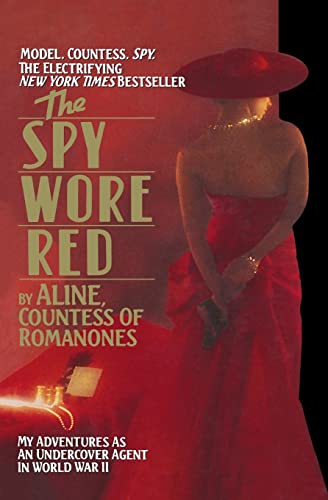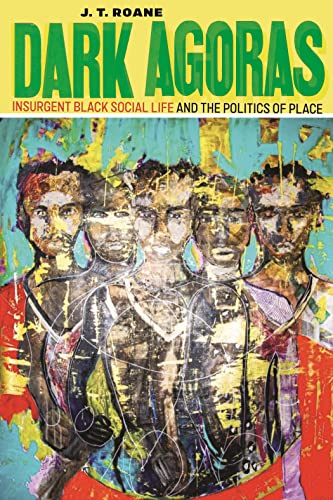
Author: Roane, J.T.
Price: $24.00
Category:Community & Culture Biographies
Publication Date:2024-02-01T00:00:01Z
Pages:312
Binding:Paperback
ISBN:10:1479831026
ISBN:13:9781479831029
A history of Black urban placemaking and politics in Philadelphia from the Great Migration to the era of Black Power In this book, author J.T. Roane shows how working-class Black communities cultivated two interdependent modes of insurgent assembly—dark agoras—in twentieth century Philadelphia. He investigates the ways they transposed rural imaginaries about and practices of place as part of their spatial resistances and efforts to contour industrial neighborhoods. In acts that ranged from the mundane acts of refashioning intimate spaces to expressly confrontational and liberatory efforts to transform the city’s social and ecological arrangement, these communities challenged the imposition of Progressive and post-Progressive visions for urban order seeking to enclose or displace them. Under the rubric of dark agoras Roane brings together two formulations of collectivity and belonging associated with working-class Black life. While on their surface diametrically opposed, the city’s underground—its illicit markets, taverns, pool halls, unlicensed bars, as well as spaces housing illicit sex and informal sites like corners associated with the economically and socially disreputable–constituted a spatial and experiential continuum with the city’s set apart—its house meetings, storefronts, temples, and masjid, as well as the extensive spiritually appropriated architectures of the interwar mass movements that included rural land experiments as well as urban housing, hotels, and recreational facilities. Together these sites incubated Black queer urbanism, or dissident visions for urban life challenging dominant urban reform efforts and their modes of producing race, gender, and ultimately the city itself. Roane shows how Black communities built a significant if underappreciated terrain of geographic struggle shaping Philadelphia between the Great Migration and Black Power. This fascinating book will help readers appreciate the importance of Black spatial imaginaries and worldmaking in shaping matters of urban place and politics.

